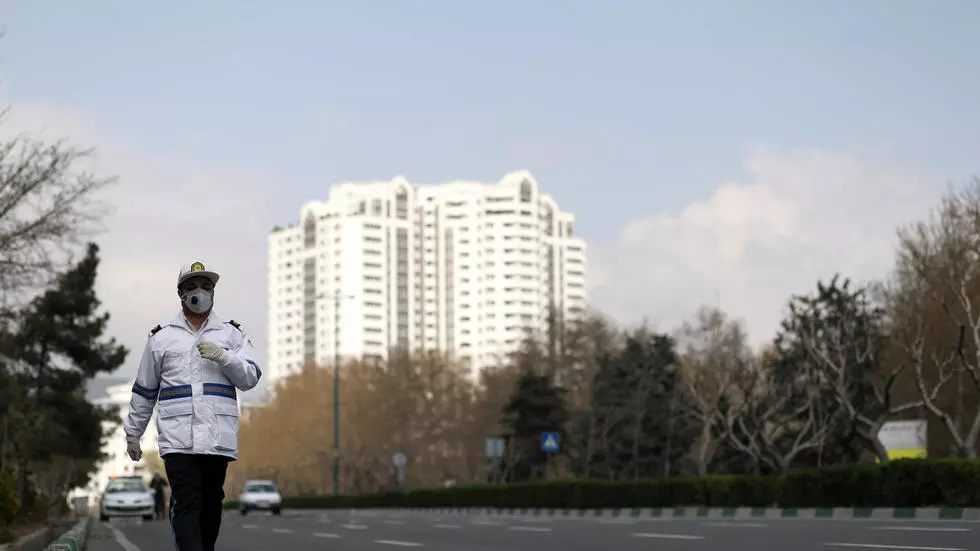Iran on Sunday declared it is set to lift intercity travel bans on April 20, a decision which could inflame a divide in public opinion.
The scheme was announced days after President Hassan Rouhani unveiled a “Smart Social Distancing Initiative” as a new phase of measures to prevent the spread of coronavirus. Under the initiative, low-risk businesses are allowed to return to work if they meet strict protocols introduced by the Health Ministry. However, the plan has drawn skepticism from some experts.
Iran medical council on Sunday warned the coronavirus crisis may be developing under the initiative, saying it may waste all the previous efforts. “Though the resumption of economic activities has been the main goal of the plan, efforts of all people, officials and medical staff would be wasted without considering scientific and executive equipment, and there will be serious threats to the recurrence of the disease.”
Avoiding to touch the face, washing hands, social isolation, and cancelation of travel plans are the most frequent recommendations nowadays we hear for lessening the likelihood of being infected by the virus. The latter is still puzzling because public health experts are expressing a great deal of skepticism about, noting once a disease has started circulating within a community, banning outsiders is mostly useless.
Now, a tricky question is how effective travel blockades could be, while the virus may be traced almost everywhere. There are different opinions. Many authorities emphasize the need for enforcing travel bans, believing that such restrictions could be successful in briefly delaying the spread of coronavirus just for a few days, not in stopping it entirely. Researchers say it could be a strategy in terms of buying time for governments, healthcare professionals, and communities to prepare.
Effects of travel restrictions in China’s Wuhan, the ground zero of the virus, have been recently investigated in a recent study conducted by an international group from institutions including Northeastern University in Boston, MA, the Bruno Kessler Foundation and the ISI Foundation in Italy, the Fogarty International Center at NIH, Fudan University in Shanghai, China, the Fred Hutchinson Cancer Research Center, the University of Washington in Seattle, WA, and the University of Florida.
The work was published last month in Science Magazine in an article titled, “The effect of travel restrictions on the spread of the 2019 novel coronavirus (COVID-19) outbreak.”
The researchers of the study used computer simulations to examine the impact of restricting movement. They found that the travel ban introduced in Wuhan on January 23 delayed progression of the epidemic throughout Mainland China by three to five days because the virus had already made its way to other major Chinese cities by the time the restrictions were put in place.
The authors, however, suggest that the greatest benefit to mitigating the epidemic will come from public health interventions and behavioral changes; factors like early detection, isolation, and handwashing.
Regarding travel limits, it is worthy to remind that epidemiologists have long observed the failure of travel restrictions to contain other infectious diseases, such as influenza.
You might say coronavirus knows no borders, however, borders may be the first thing that a majority of world leaders and policymakers know.
First published in the Tehran Times
